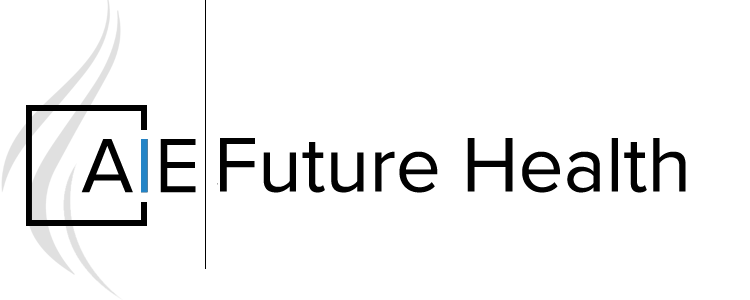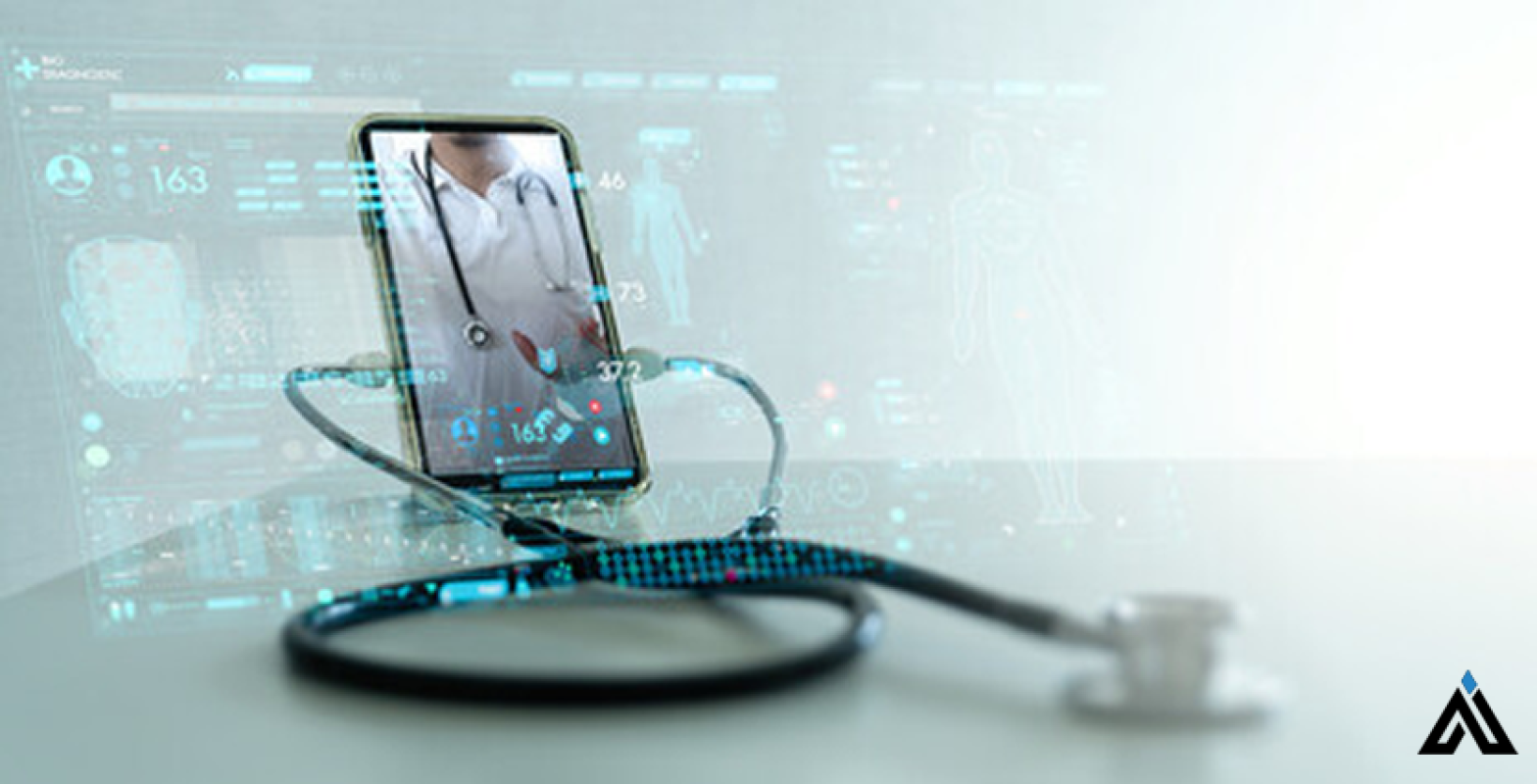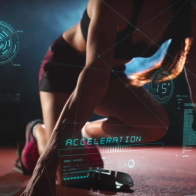In the evolving landscape of healthcare, remote patient care is emerging as a cornerstone, offering a blend of convenience, efficiency, and personalized healthcare delivery. Leveraging the power of artificial intelligence in healthcare, alongside advancements in machine learning, telehealth, and the Internet of Things (IoT), has dramatically transformed how healthcare providers monitor and manage patient health. This technology-driven approach enables more proactive and preventive care, significantly improving patient outcomes while addressing the challenges posed by traditional in-person care models. By integrating predictive analytics, AI algorithms, and biometric data into remote patient monitoring (RPM) systems, healthcare professionals can now offer unprecedented levels of care, essentially reshaping the patient-provider dynamic and setting new standards for quality in healthcare.
This article delves into the various types of artificial intelligence applications in healthcare for remote monitoring, exploring real-life applications that highlight how AI-enhanced RPM is revolutionizing the industry. It further examines how AI-enabled RPM can improve healthcare delivery, focusing on enhanced medication adherence, better management of chronic conditions, and a more comprehensive understanding of the social determinants of health. Through predictive analytics and machine learning, healthcare providers can identify potential health risks earlier, ensuring timely interventions and promoting value-based care. Additionally, the article addresses critical aspects such as data security and integrating electronic health records, which are vital in maintaining patient privacy and trust in the digital age. The future of healthcare lies in the synergy between technology and personalized care, and AI is at the forefront of this transformation, making remote patient care more effective and accessible than ever before.
Types of AI in Healthcare for Remote Monitoring
Artificial intelligence (AI) is increasingly integral to remote patient monitoring (RPM), offering transformative solutions across various healthcare applications. This section explores two pivotal types of AI technologies: Machine Learning and the Internet of Things (IoT), including the Internet of Medical Things (IoMT).
Machine Learning
Machine learning algorithms enhance RPM by analyzing extensive patient data to predict health outcomes and identify potential risks. These algorithms process real-time and historical data, learning continuously to improve their predictive accuracy. For instance, by analyzing patterns such as heart rate variability or respiratory rates, machine learning can alert healthcare professionals to anomalies that may indicate emerging health issues. This capability not only supports early intervention but also refines risk assessments and treatment approaches, making healthcare proactive rather than reactive.
Internet of Things (IoT) and IoMT
The IoT, particularly the IoMT, plays a crucial role in modern healthcare by enabling a seamless flow of health data from patients to healthcare providers. Devices like wearable sensors and smart medical appliances collect vital signs and other health metrics, transmitting this data for real-time monitoring. This network of connected devices allows for continuous health status updates, which are critical for patients with chronic conditions or those in recovery. The integration of AI with these devices further enhances their capability by providing detailed analyses of the collected data, ensuring that healthcare providers can make informed decisions swiftly and efficiently.
These AI-driven technologies are reshaping the landscape of healthcare, making remote monitoring more effective and patient-centric. By leveraging machine learning and IoT-based solutions, healthcare professionals can deliver personalized care and intervene promptly, ultimately improving patient outcomes and satisfaction.
Real-Life Applications of AI in RPM
Early Detection of Heart Issues
Artificial Intelligence (AI) significantly enhances the management of heart conditions through remote patient monitoring (RPM). For instance, AI-driven devices monitor heart rate, blood pressure, and respiratory rates in real time. An AI algorithm might detect irregular patterns indicating potential heart failure exacerbation. This early alert allows healthcare professionals to promptly adjust a patient's medication, potentially preventing hospital admission.
Personalized Care for Chronic Conditions
AI's role extends beyond monitoring to actively shaping personalized treatment plans for chronic conditions. By analyzing vast amounts of data from electronic health records, wearable devices, and patient-reported information, AI algorithms generate insights that inform tailored care strategies. For example, in chronic obstructive pulmonary disease (COPD), an AI-enabled remote pulse oximeter device tracks lung function and oxygen levels. The system identifies patterns that indicate a higher risk of exacerbation, enabling timely interventions that prevent severe episodes and hospitalizations. This approach not only enhances patient care but also optimizes resource use in healthcare settings.
How AI-Enabled RPM Can Improve Healthcare Delivery
Promoting Clinical Efficiency
Artificial Intelligence (AI) in Remote Patient Monitoring (RPM) significantly enhances clinical operations by automating the analysis of vast data sets. This automation allows healthcare providers to prioritize patient care over administrative tasks. AI-driven systems identify critical cases quickly, ensuring that patients requiring immediate attention are prioritized, which is particularly crucial for those with chronic conditions needing constant monitoring. This level of efficiency not only reduces the workload on healthcare professionals but also minimizes the risk of burnout, contributing to a more sustainable healthcare environment.
Delivering Better Outcomes
AI-enabled RPM is pivotal in shifting healthcare from a reactive to a proactive model. By continuously analyzing data from devices and sensors, AI algorithms can detect early signs of deterioration in conditions like hypertension and diabetes, allowing for timely interventions. This approach has been shown to significantly reduce critical metrics such as blood pressure and glucose levels, leading to better patient health outcomes overall. Moreover, the personalized care facilitated by AI ensures that treatment plans are tailored to individual needs, enhancing medication adherence and lifestyle adjustments, which are vital for chronic disease management.
Conclusion
Through the exploration of artificial intelligence in healthcare, particularly in remote patient monitoring, it is clear that AI has the potential to significantly elevate the standards of patient care and efficiency in healthcare delivery. The integration of machine learning and IoT devices has paved the way for proactive healthcare solutions, enabling healthcare providers to deliver care that is not only timely but also highly personalized. These advancements underscore the core thesis of our discussion: leveraging AI in healthcare transforms the dynamics of patient monitoring and care, offering a more nuanced and comprehensive approach to managing health, especially for those with chronic conditions. By refining prediction, enhancing diagnostic accuracy, and optimizing therapeutic interventions, AI-driven technologies are at the forefront of a healthcare revolution.
The implications of this technological evolution in healthcare are profound, promising a future where healthcare professionals can anticipate patient needs with greater accuracy, thereby curating more effective care strategies. For healthcare professionals interested in AI technology, the message is clear; embracing these innovations could dramatically enhance the quality of care provided, making healthcare more accessible, efficient, and effective. As this field continues to evolve, further research and adoption of AI in healthcare practices are essential. This push towards a more integrated, AI-enhanced healthcare system not only marks a significant leap towards better patient outcomes but also a step towards a more resilient and responsive healthcare environment.








Comments